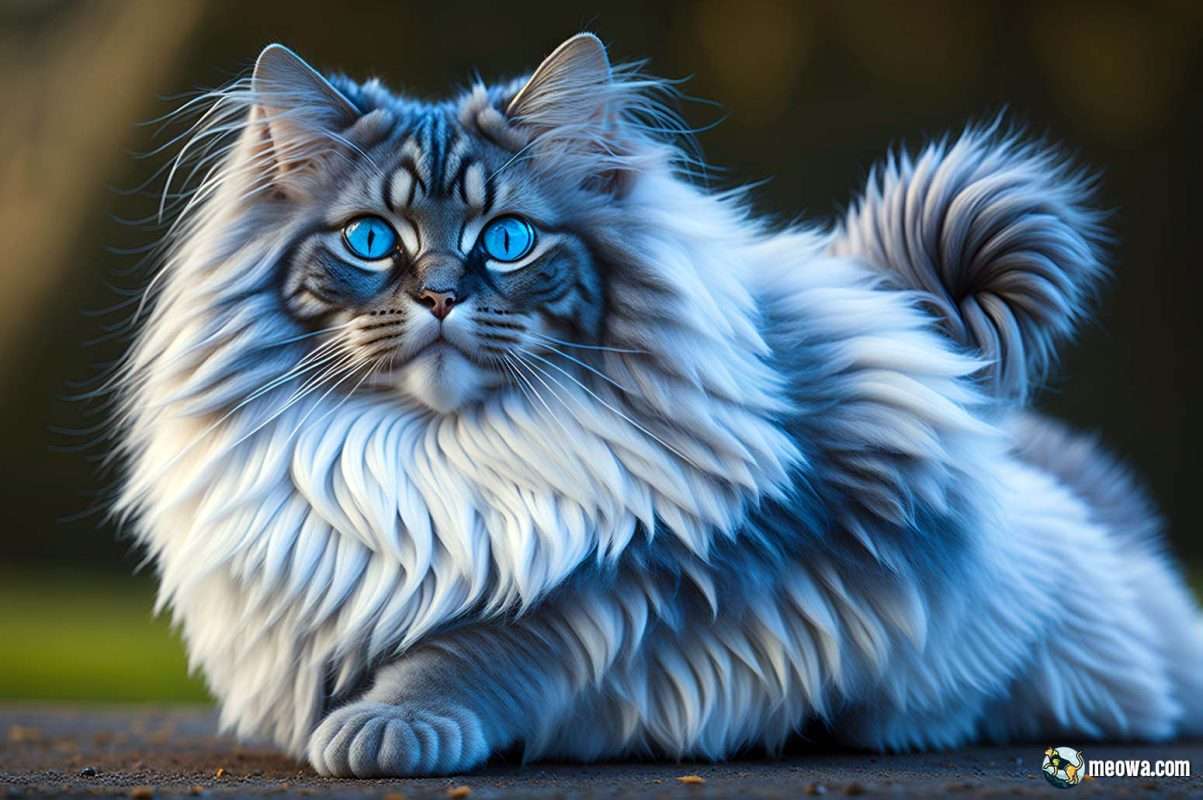Your cat keeps licking you because it is displaying affection and marking you as part of its territory. Introducing a feline friend into your life can be a delightful and rewarding experience.
From the comforting sound of their purrs to their playful antics, cats have a way of stealing our hearts. Yet, sometimes our feline friends exhibit peculiar behavior that leaves us wondering about their motives. One such behavior is when our cats constantly lick us.
This repetitive act can range from gentle grooming to persistent licking that borders on obsession. If you find yourself in this situation, it is important to understand why your cat engages in this behavior. By doing so, you can better care for and bond with your furry companion. We will explore the reasons behind this common feline habit and provide insights to help you interpret and respond to your cat’s affectionate licks. So, let’s dive in and unravel the mystery of why your cat keeps licking you.
Understanding Feline Behavior
Cats are fascinating creatures, and their behavior can sometimes be mysterious to us. One common behavior that many cat owners encounter is excessive licking. When your cat licks you, it may be a sign of affection or a way to mark their territory.
Licking is a natural instinct for cats, as it is a way for them to groom themselves and bond with their owners. However, it is important to understand the underlying reasons behind this behavior. Cats may lick you to show submission, seek attention, or simply because they enjoy the taste or texture of your skin.
By observing your cat’s body language and overall behavior, you can gain insight into what they are trying to communicate. Remember, each cat is unique, and their licking behavior may vary. Understanding your cat’s actions will help you build a stronger bond with your feline friend.
Exploring The Act Of Licking
Cats may lick their owners as a way to show affection and establish a bond. Licking is a natural behavior for felines, rooted in their evolutionary instincts. Kittens often lick their mothers to stimulate milk flow and build trust. This behavior may then carry on into adulthood, as cats consider their human companions as part of their family.
It’s important to note that excessive licking can also be a sign of stress or anxiety in cats. If your cat repeatedly licks you or exhibits changes in behavior, it may be best to consult a veterinarian. Understanding the significance behind licking behavior helps to strengthen the human-cat relationship and promotes a harmonious bond between you and your feline friend.
Bonding And Social Interaction
Cats have a unique way of showing affection and establishing social bonds with their human companions. One of the ways they do this is through licking. While it may seem strange to us, licking is a form of communication for cats.
This behavior can actually strengthen the bond between a cat and its owner. Licking releases endorphins in cats, which helps them feel happy and relaxed. When a cat licks you, it is a sign that they trust you and view you as a part of their social circle.
It is their way of grooming you and reciprocating the love and care they receive from you. So, the next time your cat starts licking you, take it as a sign of affection and cherish the special connection you have with your feline friend.
Types Of Licking Behavior
Cat licking behavior can be categorized into different types. One common form is filial licking between mother cats and kittens. This behavior serves as a way for the mother cat to groom and bond with her young ones. Allogrooming is another type of licking behavior that occurs among cats in social settings.
Cats engage in mutual grooming to establish and maintain social bonds within their groups. It is a way for them to show affection and reinforce their social hierarchy. These behaviors are instinctual and serve important purposes in the social lives of cats.
Understanding why cats lick can deepen our appreciation for their complex social behaviors.
Sensory And Emotional Aspects
Cats lick humans for sensory input and exploration purposes. Through licking, they gather information about their environment, including the taste, texture, and scent of different objects. Licking also serves as a way for cats to assert their presence and mark their territory.
Additionally, licking can be a form of social bonding and communication. When a cat licks their human, it can be a display of affection and a way to strengthen their emotional connection. It can also trigger the release of endorphins, providing a sense of comfort and relaxation for both the cat and the person being licked.
So, if your cat keeps licking you, it may be their way of expressing their love and seeking comfort in your presence.
Territory Marking And Ownership
Cats often lick their owners as a form of territorial marking. By licking you, your cat is demonstrating ownership and affiliation. It is a way for them to leave their scent and mark you as part of their territory. This behavior is instinctual and harks back to their wild ancestors.
It can also be a sign of affection and a way for cats to bond with their humans. While some cats may lick more than others, it is generally a positive behavior. However, excessive licking can be a sign of stress or boredom, so it’s important to monitor your cat’s behavior and provide them with enough mental and physical stimulation.
Health And Hygiene Considerations
Cats lick their owners for various reasons, and one of them is to maintain their health and hygiene. Keeping themselves clean is crucial for felines, and they accomplish this by grooming through licking. Regular self-grooming helps them eliminate dirt, debris, and loose fur from their coat.
However, excessive licking can indicate potential health issues. Cats might lick incessantly due to allergies, skin conditions, or even stress. Allergic reactions to certain substances could trigger excessive grooming behavior. Skin problems such as flea infestations or irritations can also lead to excessive licking.
Stress and anxiety can manifest in cats through excessive grooming as well. If your cat’s licking becomes obsessive or starts causing hair loss or skin problems, it’s essential to consult with a veterinarian to identify and address any underlying health concerns.

Credit: www.wired.com
Keeping Licking In Check
Cats lick humans for various reasons such as expressing affection, marking territory, grooming, or seeking attention. However, excessive licking can become a nuisance and may even cause skin irritation. To discourage this behavior, redirecting your cat’s attention is key. Provide alternative activities, such as interactive toys or scratching posts, to keep them engaged.
Engaging in playtime together can also help bond with your cat and fulfill their need for stimulation. Additionally, ensure your cat’s basic needs are met, including a balanced diet and regular grooming, to prevent excessive licking. Creating a calm environment and establishing consistent routines can also help reduce stress, which can contribute to excessive licking.
Overall, with patience and understanding, you can discourage excessive licking behavior in your cat while maintaining a loving and healthy relationship.
Frequently Asked Questions For Why Does My Cat Keep Licking Me
Why Does My Cat Keep Licking Me?
Cats lick their owners as a sign of affection and to mark their territory. Licking can also be a grooming behavior or a way to get attention. It’s their way of showing love and trust towards you.
Is It Normal For Cats To Lick Humans?
Yes, it is normal for cats to lick humans. Cats have a grooming instinct and they may consider you a part of their family. Licking is a way for them to bond with you and show their affection.
Why Does My Cat Lick My Face?
Cats may lick your face as a way to show their love and affection. They see your face as a safe and comfortable place to interact with you. It’s their way of saying “I love you” and strengthening the bond between you and your cat.
Conclusion
Understanding why your cat keeps licking you is crucial for building a stronger bond with your furry friend. Cats lick for various reasons, such as grooming, showing affection, seeking attention, or even as a sign of stress or anxiety. By observing your cat’s body language and considering any changes in their environment, you can decipher the underlying motivations behind their licking behavior.
It is important to note that excessive licking may require a visit to the veterinarian to rule out any medical conditions. To address this behavior, provide alternative outlets for your cat’s grooming needs, such as a scratching post or interactive toys.
Additionally, offering your cat plenty of love, attention, and positive reinforcement will help establish a trusting relationship. Ultimately, by understanding and addressing your cat’s licking behavior, you can strengthen the bond and create a harmonious environment for both you and your feline companion.



